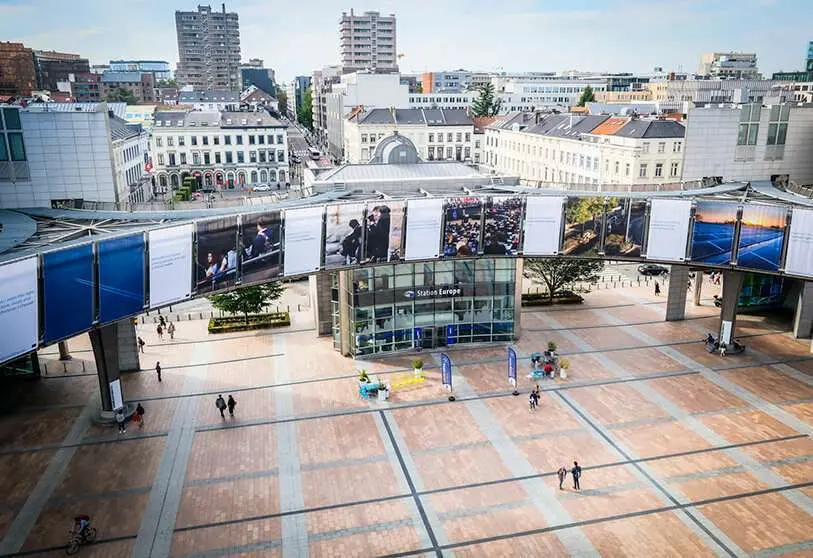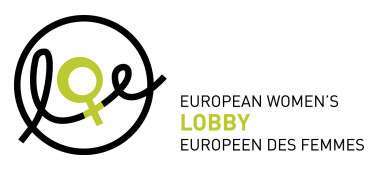Future of Europe Conference

I have been asked to write a short article about my opinion on the Conference on the Future of Europe scheduled for May last year, but delayed in its start due to the serious health and economic crisis caused by COVIID-19.
I am the general secretary of LEM Spain, a platform of women's associations in our country, which belongs to the European Women's Lobby (EWL), a non-governmental entity that brings together similar platforms from the 27 countries of the Union, plus Turkey, Serbia, North Macedonia, Iceland and the United Kingdom. In addition, more than 20 major international women's associations are members of the EWL. As a consequence of my responsibility in LEM Spain, I am part of the EWL leadership and this gives me the opportunity to participate with colleagues from different European countries in regular debates on priority policies in the Union, proposals for equality and non-discrimination and the search for more homogeneous policy lines in the different countries.
This situation has allowed me to get to know women from very different countries better, to exchange opinions, to have debates, sometimes passionate and sometimes disagreements, on a wide variety of issues and, in short, to come to consider many of them as valued colleagues and, on occasions, friends.
And all this experience, both for me and my colleagues, has allowed us to strengthen a common feeling: being European unites us more than we might think because we belong to nations with very different cultural and historical backgrounds.
How do I now understand the Future of Europe that the Conference wants to address? As the clear will to help sustain and grow a common project. Right now, the European Union is more, much more, than an economic project. It is a political project that is not yet finished, but which needs to be given a boost for its growth and acceptance. The European Union is not only, nor principally, the European Institutions, with their lights and shadows like all governments and parliaments. The Union is the prospect of having a single country, albeit one made up of very diverse historical and cultural elements and very different languages.

And this requires that we citizens strengthen our sense of belonging to this area, that we support the existence of a central political power which is controlled but strong, which can be criticised, but which has the power of decision and command.
Strengthening the Union in Europe seems to me to be the main objective of this Conference. And secondly, and just as important as the first, to ensure that a significant proportion of Europe's citizens feel involved, that they can raise their voices in the debate, that they can feel that they are participating in some way in the future that we want to design.
I am not naïve and I know that talking about participation is easy and free. And actually doing it is difficult and costly. But if we want this Conference to be important, we have to make an effort. To encourage participation, to seek broadly representative groups of men and women, with the capacity to create opinion, to listen to their points of view and demands, to debate with them the broad outlines of the future.
In short, the aim of this Conference should be to try to achieve greater political weight and strength for the institutions and a greater sense of belonging among citizens.
What should be discussed at this Conference? Everything that helps to advance social equality. We have monetary union in fifteen countries. And a European Central Bank. We have close and defined agreements on economic issues. We have even made progress, albeit with difficulties, in trying to make some equality policies more similar, such as, in particular, on the problem of gender violence following the agreement of the Istanbul Convention. But we do not have homogeneous bases in social policies. Neither in labour rights issues, nor in similar unemployment regulations, nor in pension approximation, nor in more uniform criteria in social services, in health, in child protection, in many aspects of equality policies.
We do not even have a common migration policy, and this creates a great many problems.
These are the problems that should be addressed with special attention. Because we will only build a stronger European Union if all citizens feel that we are part of it. That will only happen if we see that, despite speaking different languages, we have similar rights. That will happen when we have the reasonable assurance that, whether you are in Spain or Bulgaria, Sweden or Hungary, being a European citizen is the guarantee that basic issues in your life, such as education, health, treatment in employment, social care if required, move on similar scales.
Making progress on this will strengthen Europeans' sense of belonging. And it will lead to a stronger European Union. Only then will the Conference on the Future of Europe succeed.
Teresa Nevado Bueno, Secretary General of the European Women's Lobby in Spain- EWL Spain. Member of the European Women's Lobby.

